So now it’s a good time to start asking the right questions.
“There. Something that's jumped out to me is the media, the mainstream media as a whole lacks a conceptual understanding of the American military and how it operates. They like hearing the big words, and they are focusing on the shiny object. And to be completely blunt and honest, the current administration is using that to their advantage.“
This former Middle East combat veteran is seen and heard on Substack which is rapidly becoming a source for reliable information.
“So when you guys are looking at what happened, there were three things that jumped out immediately. The operational piece, which is what Trump and Hegseth and everybody loves talking about. There's the optics, which they really don't want to address, and then there's the fallout from all of this that they don't want to touch with a ten foot pole.“
Mainstream media’s Meet the Press was able to get one expert on the air who was willing to talk about the fallout from dropping bombs on Iran. Senator Mark Kelly is an experienced veteran and member of the Senate Intelligence Committee.
“And I think certainly for the 40,000 troops in at least six countries in the Middle east, we have a lot of bases in the Middle East. Those troops are now at greater risk. I think folks here at home as well are at greater risk. We could have, we could see terrorist attacks here. The Iranians still have a lot of proxies. They could go after us. The escalatory factor of this action is significant.“
After saying he would wait a couple of weeks before attacking Iran’s nuclear facilities, Trump decided not to wait and did it anyway.
“Well, you know, I find it interesting that the person without combat experience is often the first person to want to drop a bomb. And that's what we see here. And what we did put those troops, 40,000 of them, at further risk.
Already, Iran has fired missiles into America’s largest military base in the Middle East.That indicates that retaliation is still on the table.
Senator Kelley on Meet the Press says Trump has already broken the law by not giving congress a vote before the attack.
“You know, what I think should have happened here right up front, is him coming to Congress and asking for authorization to do this. That's the constitutional approach to this. He could have talked to us about what the goal is and what the plan is ahead of time, and we could have had a discussion about it. He says these sites were obliterated. If you listen to the chairman of the Joint Chiefs of Staff, Dan Kane, clearly we've got to do bomb damage assessment.
It's hard to figure out even when you're destroying a building. In this case, the buildings are actually underground, buried 200ft, dirt, rock, concrete. It's a really hard problem. And I'm not clear. It's not clear to me, and it's probably not going to be for some time whether we actually took out their capability.“
So far there are no signs of radioactive release at the bomb sites and no evidence of structural collapse of the tunnel systems. No radiation may mean that enriched uranium had already been removed and was not destroyed by the bunker buster bombs.
“As far as we know, the Iranians were not in the process of developing a weapon. They were enriching uranium. So they were in the process. They were doing something we did not want them to do. But they were still, you know, working within the international community here.
My big fear right now is that they take this entire program underground. Not physically underground, but under the radar. And we don't know what they're going to do here in the future.
They might try to race to the development of a nuclear weapon where we tried to stop it. There's a possibility that this could accelerate it.“
Beyond the fear of nuclear weapons there’s the economic problem of shutting down the waterway that carries much of the World’s oil. This Middle East veteran, who worked to keep it open, says the Strait of Hormuz may soon be closed to ships of all nations.
“So as someone whose job was to keep that area of the water in the Persian Gulf clear, that is a complicated thing that Iran has just taken a vote on their parliamentary body to actually do. Why does that matter to you in the United States? Because 20 to 25% of the oil that goes around the world comes through that body of water. You think your gas prices have been high in the past?
It will skyrocket and the economy will crater if those mines are laid. Take a look at a map. You'll see Iran here, you'll see Oman here, and you'll see UAE here.“
As for those cease fire rumours, Senator Kelly is holding on to hope.
“I think there's always hope, you know, that we could get back to the negotiating table. That's what we should have done. We should have exhausted all options. We could have spent another month at this. There was no clear, present, immediate danger to us and our troops.“
The truth is we’ve been here before. Large corporations involved in military investments get great financial benefits from war. But now at a time of cutting services for the poor while offering huge tax cuts to the rich makes it all seem even more qrotesque.
Music out:
Then I'll get on my knees and pray
We don't get fooled again
Don't get fooled again, no, no
I’m Mike Turner
Thank you for listening.




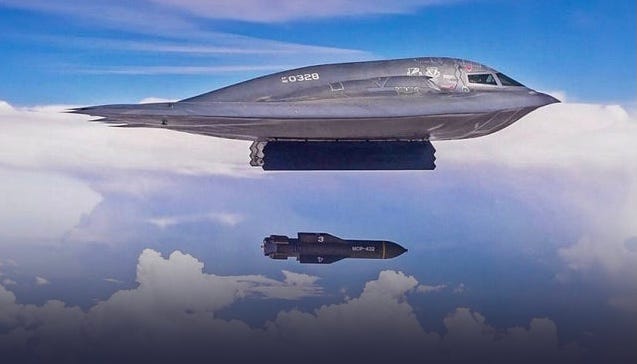
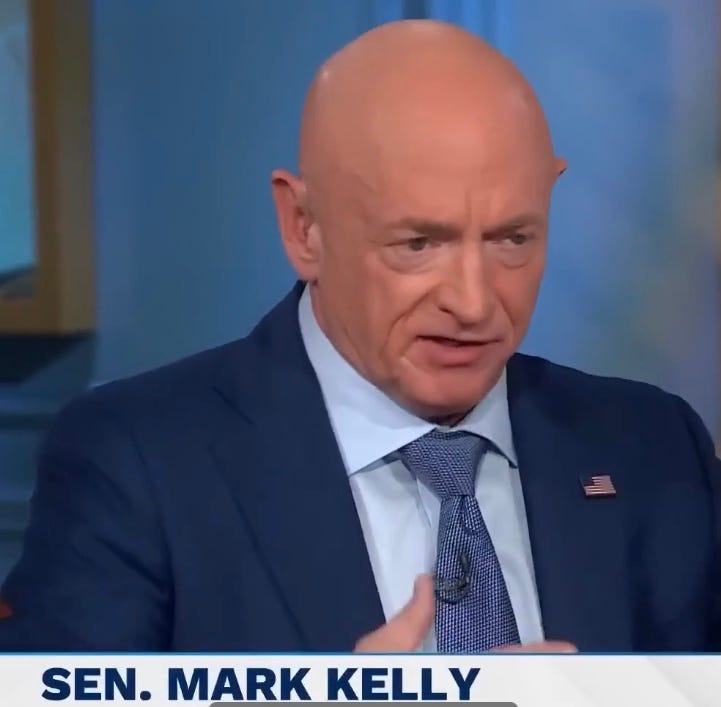
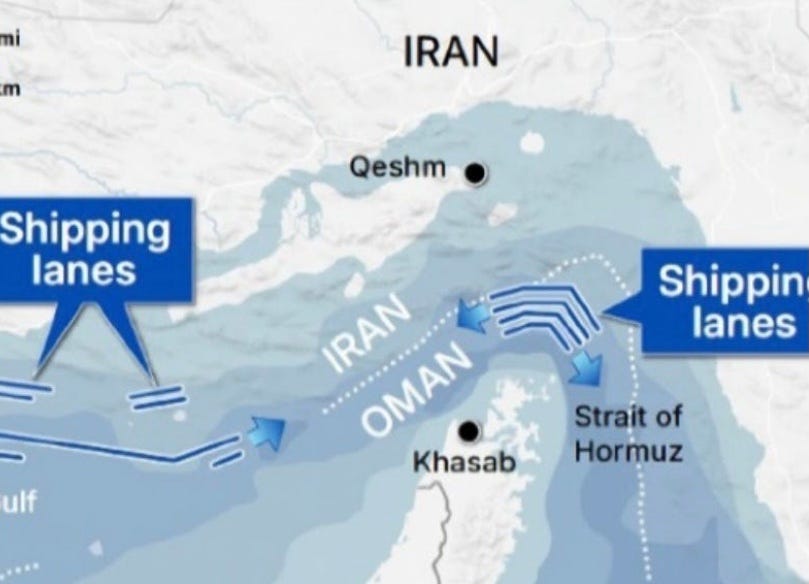

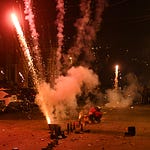


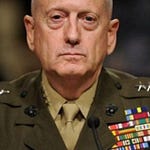



Share this post